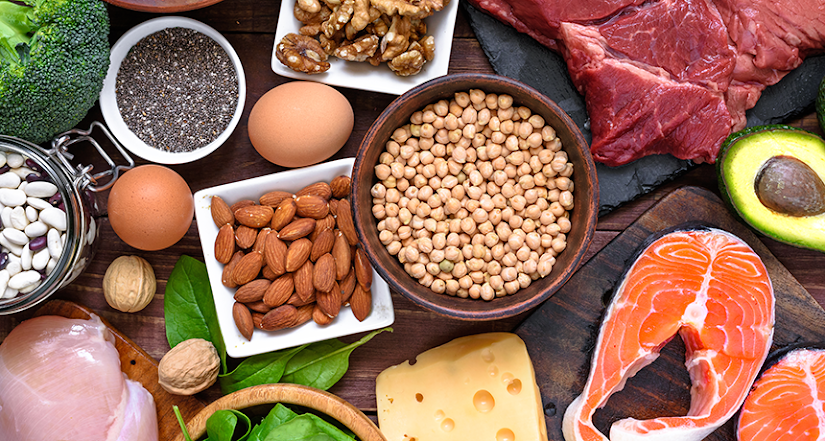Title: From Alchemy to Modern Chemistry. A Journey Through the History of Chemistry Introduction: Chemistry, the central science that unravels the mysteries of matter and its interactions, has a rich and captivating history spanning thousands of years. From the early days of alchemy to …
Chemistry is a scientific discipline that has a rich and fascinating history spanning thousands of years. Here are some key points in the history of chemistry. Ancients Origins :- The roots of chemistry can be traced back to ancient civilizations such as Mesopotamia, Egypt, India, and Ch…
Chemical kinetics us to understand how chemical reactions occur. Chimestry, by its very nature, is concerned with change. Substances with well defined properties are converted by chemical reactions into other substances with different properties. For any chemical reaction, chemists try…
Chemicals are essential building blocks for everything in the world. All living matter, including people, animals and plants, consists of chemicals. All food is made up of chemical substances. Chemicals in food are largely harmless and often desirable – for example, nutrients such as car…
The Zorth Low of Thermodynamics led us to the concept of temperature that agree with our commonsense notion. Temperature is a maker of the 'hotness' of a body It determine the direction of flow of heat when two bodies are placed in thermal contact. Heat flow from the body at a hig…
Introduction It is well known fact that self- sufficiency in food has been achieved in India since late 20th century by using fertilizers and pesticides and exploring improved methods of farming, good quality seeds, irrigation etc. But over exploitation of soil and excessive use of fertil…
Prior to World War II, many naturally occurring chemicals such as nicotine ( by planting tobacco plants in the crop field), were used as pest controlling substances for major crops in agricultural practices. During World War II, DDT was found to be of great use in the control of malaria…
The first of the thermodynamics tells us about the relationship between y heat absorbed and the work performed on or by a system. It puts no restrictions on the direction of heat flow. However, the flow of heat is unidirectional from higher temperatures to heat is unidirectional from h…
Proteins are probably the most complex materials produced in nature. The name protein in derived from the Greek word proteins, meaning 'of prime importance'. The name is well chosen because proteins are the basic of protoplasm and are present in all living organisms. Without pr…
A colloid is a heterogeneous system in which one substances is dispersed (dispersed phase) as very fine particles in another substances called dispersion medium. The essential difference between a solution and a colloid is a that of particle size. While in a solution, the constituent pa…
In 1887, H Hertz performed a very interesting experiment in which electrons (or electric current) were ejected when certain metals (for example potassium, rubidium, cesium etc.) were exposed to a beam of light as the phenomenon is called Photoelectric effect. The result observed in this …
Search
Trending now








.png)
.jpeg)









